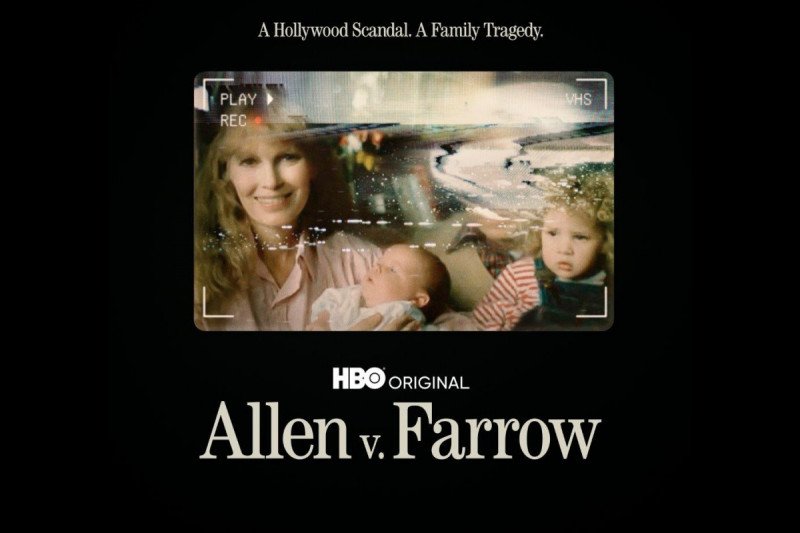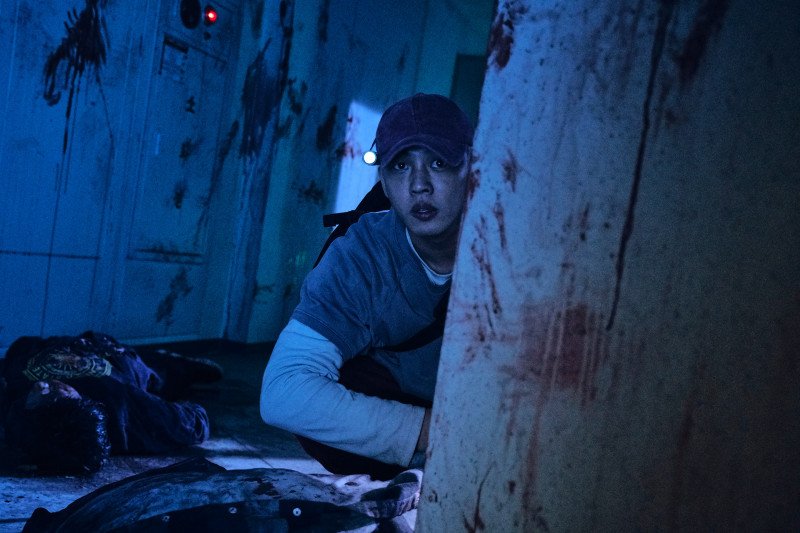“Democracy is not a spectator sport,” Lawrence Ferlinghetti proclaimed on the wall of his City Lights bookstore, a San Francisco fixture since the poet, activist, and publisher founded the landmark with Peter D. Martin in 1953. Ferlinghetti, who died on Monday at age 101, was himself a fixture, a venerated steward of the counterculture. (See him read “Last Prayer,” above, in a clip from The Last Waltz). On his 100th birthday–on which the city instituted an annual “Lawrence Ferlinghetti Day”–Chloe Veltman interviewed him, describing the poet as “frail and nearly blind… but his mind is still on fire.” It was the same mind that started a publishing house in the 50s with the intent to stir an “international dissident ferment.”
Ferlinghetti and Martin started their bookstore with a mission: “to break literature out of its stuffy, academic cage,” Veltman writes, out of “its self-centered focus on what he calls ‘the me me me,’ and make it accessible to all.” City Lights was the first all-paperback bookstore, opened at a time, he says, when “paperbacks weren’t considered real books.”
For Ferlinghetti, literature and democracy were not separate pursuits. The idea was radical, and so were his patrons. “A bookstore is a natural place for poets to hang out,” Ferlinghetti told NPR’s Tom Vitale, “and they started showing up there”–“They” being East Coast Beats like Ginsberg, Kerouac, and the great, unsung Bob Kaufman.
Like a Northern California Shakespeare and Company, Ferlinghetti’s City Lights became the physical embodiment of a literary movement, especially after the infamous publication of Allen Ginsburg’s Howl and Other Poems, for which Ferlinghetti stood trial for obscenity, an event that “propelled the Beat generation into the international spotlight,” writes Evan Karp. “For the first and–arguably–only time, literature became a popular movement in the U.S.” Young people around the country realized that poetry was relevant to their politics (and lives), and vice versa.
Ferlinghetti published his own first book of poetry, Pictures of the Gone World, in the same year he published Ginsberg’s, but he has not received his critical due alongside the other Beats, despite the fact that his second book, 1958’s A Coney Island of the Mind, “sold more than 1 million copies over the year, ranking perhaps second to Howl as the most popular book of modern American poetry,” Fred Kaplan notes at Slate. (See him read the book’s first poem, “In Goya’s Greatest Scenes We Seem to See…,” from his City Lights office, above.)
Ferlinghetti himself never wanted to be identified with the movement. In a 2013 documentary, he emphatically says, “don’t call me a Beat. I was never a Beat poet.” He described his poetry as an “insurgent art”:
If you would be a poet, create works capable of answering the challenge of
apocalyptic times, even if this meaning sounds apocalyptic.
You are Whitman, you are Poe, you are Mark Twain, you are Emily Dickinson and Edna St. Vincent Millay, you are Neruda and Mayakovsky and Pasolini, you are an American or a non-American, you can conquer the conquerors with words….
His purpose, he writes, was to pierce a culture he calls “a freeway fifty lanes wide / a concrete continent / spaced with bland billboards / illustrating imbecile illusions of happiness.” From his Navy service in WWII–in which he saw the aftermath of Nagasaki weeks after the dropping of the atomic bombs–to the last days of the Trump administration, he kept his keen eye on America’s abuses. His “poetry is notoriously critical of politicians and the status quo,” Karp writes, and he was “unafraid to name names and take stances publicly” as a writer and a lifelong activist.
“Gerald Nicosia, the critic,” Vitale points out, “says Ferlinghetti’s two greatest accomplishments were fighting censorship, and inaugurating a small press revolution.” What did Ferlinghetti himself think of his place in the culture? “In Plato’s republic, poets were considered subversive, a danger to the republic,” he told The New York Times in 1998. “I kind of relish that role.” As for what might finally shake the country out of the anti-democratic spirit that has held its people hostage to corporations and a hostile government, he was not sanguine: “It would take a whole new generation not devoted to the glorification of the capitalist system,” he said. “A generation not trapped in the me, me, me.”
Related Content:
Lawrence Ferlinghetti Turns 100: Hear the Great San Francisco Poet Read “Trump’s Trojan Horse,” “Pity the Nation” & Many Other Poems
Allen Ginsberg’s Howl Manuscripts Now Digitized & Put Online, Revealing the Beat Poet’s Creative Process
2,000+ Cassettes from the Allen Ginsberg Audio Collection Now Streaming Online
Allen Ginsberg’s Howl Manuscripts Now Digitized & Put Online, Revealing the Beat Poet’s Creative Process
Josh Jones is a writer and musician based in Durham, NC. Follow him at @jdmagness
RIP Radical Poet and Revolutionary Publisher Lawrence Ferlinghetti (1919-2021) is a post from: Open Culture. Follow us on Facebook, Twitter, and Google Plus, or get our Daily Email. And don't miss our big collections of Free Online Courses, Free Online Movies, Free eBooks, Free Audio Books, Free Foreign Language Lessons, and MOOCs.











 Pamungkas akan menggelar acara virtual bertajuk "The Solipsism 0.2: A Day in Yogyakarta” pada 3 Maret 2021.
Pamungkas akan menggelar acara virtual bertajuk "The Solipsism 0.2: A Day in Yogyakarta” pada 3 Maret 2021. Ada banyak alasan mengapa seseorang tertarik menonton drama, mulai dari menyukai aktor yang jadi bintang, mencari hiburan sampai kepincut lebih dulu dengan cerita yang diadaptasi dari komik atau novel yang sudah ada. Bila Anda ...
Ada banyak alasan mengapa seseorang tertarik menonton drama, mulai dari menyukai aktor yang jadi bintang, mencari hiburan sampai kepincut lebih dulu dengan cerita yang diadaptasi dari komik atau novel yang sudah ada. Bila Anda ... Dalam serial DC terbaru "Superman & Lois", sang manusia baja dan jurnalis terkenal dari buku komik kembali ke Smallville, untuk menjalani tantangan terbesar mereka, sebagai orangtua pekerja dan membesarkan dua anak ...
Dalam serial DC terbaru "Superman & Lois", sang manusia baja dan jurnalis terkenal dari buku komik kembali ke Smallville, untuk menjalani tantangan terbesar mereka, sebagai orangtua pekerja dan membesarkan dua anak ... Pembuat film investigasi ternama Kirby Dick & Amy Ziering dan Amy Herdy bekerjasama membuat serial dokumenter skandal Hollywood "Allen v. Farrow" yang terdiri dari empat bagian.
Pembuat film investigasi ternama Kirby Dick & Amy Ziering dan Amy Herdy bekerjasama membuat serial dokumenter skandal Hollywood "Allen v. Farrow" yang terdiri dari empat bagian. Apakah Anda sedang mencari tayangan Korea yang menarik untuk disaksikan namun tidak bertema percintaan? Berikut ini adalah beberapa pilihan film Korea penuh aksi dan ketegangan yang mungkin bisa memenuhi keinginan Anda, mulai ...
Apakah Anda sedang mencari tayangan Korea yang menarik untuk disaksikan namun tidak bertema percintaan? Berikut ini adalah beberapa pilihan film Korea penuh aksi dan ketegangan yang mungkin bisa memenuhi keinginan Anda, mulai ...